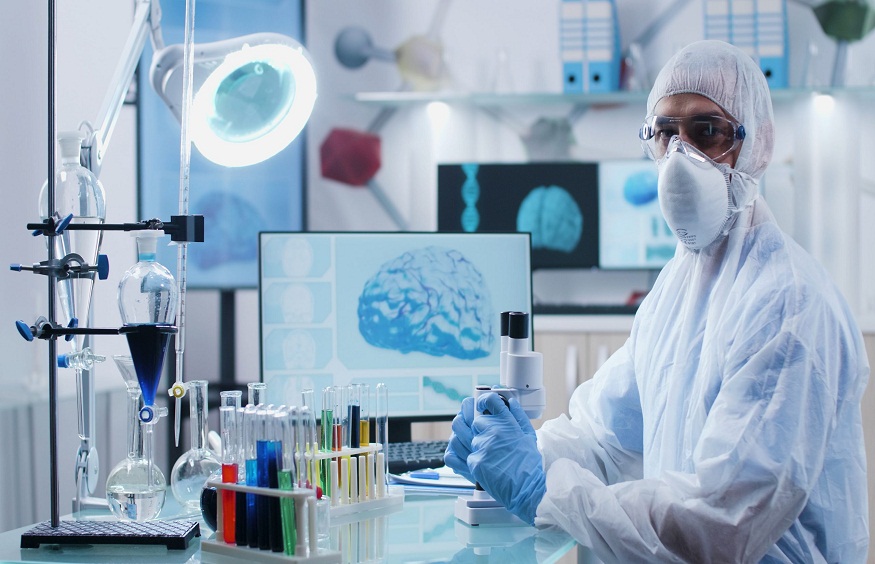The process of developing new medications is both complex and costly, with only about 10% of drug candidates successfully reaching the market. To make this journey more efficient, innovations in data analytics and artificial intelligence (AI) are playing a pivotal role in streamlining drug development.
Recent advancements in life sciences, robotics, and computational technologies have brought notable progress to the pharmaceutical industry. By harnessing large datasets and AI-driven tools, the industry is uncovering new opportunities in drug discovery. But how exactly do AI and big data drive breakthroughs in this area?
AI and big data are crucial in identifying promising drug candidates and assessing their commercial viability. Machine learning, in particular, enables the rapid analysis of vast datasets, enhancing decision-making and accelerating the development of new treatments. Approaches such as the antibody discovery platform are becoming increasingly vital for identifying novel therapies and speeding up the research process.
Despite the substantial investments required for drug development, the pharmaceutical sector is poised for major growth. Predictions indicate the market could exceed $71 billion by 2025, largely due to the integration of AI, big data, and emerging technologies that are reshaping healthcare and drug discovery.
For a more in-depth exploration of the drug discovery process and the trends driving its future, refer to the comprehensive resource below.


